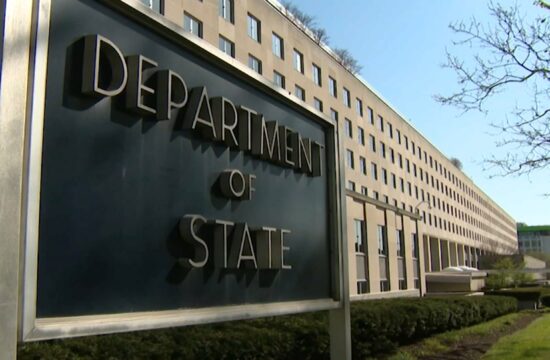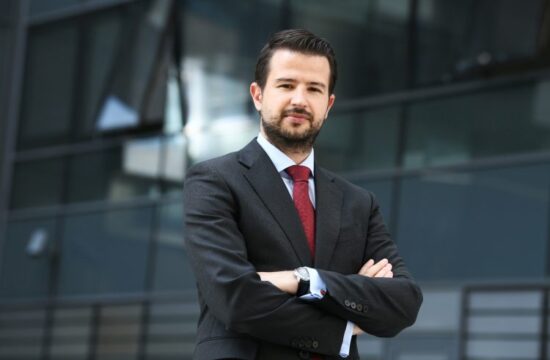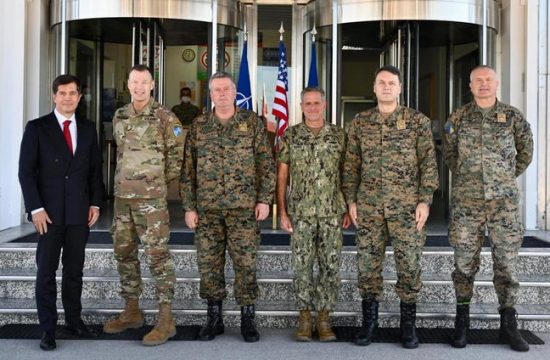The theory that Syrians had used chemical weapons on themselves is nothing new to those who survived the war and the propaganda of the Yugoslav conflicts, said Jasin Ravasde, editor-in-chief of the local KUNA news agency and Balkan expert for geostrategy, who just came back from Syria.
“We, who have survived the war and the propaganda by (then Serbian President Slobodan Milosevic) can easily recognize the propaganda coming from the Syrian regime which is accusing people who are under occupation of using chemical weapons on themselves,” he said and called the claim “laughable.”
In an interview with N1, Ravasde compared the situation with the Markale massacre in Sarajevo, which took place in 1994. Bosnian Serbs had shelled the market, killing 43 people and injuring 75. Bosnian Serb leaders then launched the theory that Bosniaks had staged the attack.
“It is just the same as at Markale – ‘we bombed ourselves,’ Ravasde said. “Only the Syrian regime has chemical weapons. The chemical weapons were dropped from airplanes. Who has airplanes except for the Syrian regime and the Russians?,” he asked.
Ravasde said Syria can not be seen as a united country any more as it now consists of five parts. The area of Damascus, including the Mediterranean shore of Latikia, is currently controlled by Bashar al-Assad and his Russian allies, he said, adding that the population there is being moved.
“It's a typical demographic tragedy in which the Sunnis are being moved to other areas in Syria,” he said.
In the northeast, on the other hand, the US and their Kurdish allies control nearly 25 percent of the country’s territory, he explained.
“(…) The Iranian regime, together with Hezbollah, is controlling the Syrian regime more than the regime is controlling them. We can easily see that Syria is divided both on ethnic and on religious lines,” Ravasde said.
These divisions are also present when it comes to the US-led airstrikes in Syria, Ravasde pointed out.
A team of investigators the Organization for the Prohibition of Chemical Weapons had deployed to Syria to probe the alleged use of chemical weapons can still not enter the town of Douma, where the attack allegedly took place. The investigators were reportedly met with gunfire as they tried to enter the area, so they had to return to Damascus.
According to Ravasde, the situation is so clear that an investigation is not even needed.
“The Syrian regime wants to choose thirty witnesses and take them to the commission in the Sheraton hotel in Damascus to speak to them, instead of them going to the place (where the attack allegedly happened) to check the situation,” he stressed.
He also said he saw a lot of people from the Balkans in Syria fighting as volunteers.
“The Syrian tragedy is now entering its seventh year, and many are involved in the crisis,” he said.
According to him, there are nearly 40 different armies present on the ground, including volunteers from Serbia, Macedonia, Greece and Armenia siding with the regime, and those from Bosnia and other countries siding with the US, the rebels, and their allies.
“Those who have Bosnian ancestry did not come from Sarajevo, but are former students who studied in Saudi Arabia and other Arab Islamic countries. There is less of them, as they lost a lot of the ground. I would say there is more of those siding with the Syrian regime,” he estimated.
But could the conflict turn into a third world war?
“There are some fears, a small incident could cause a third world war,” he said and explained that this could have happened, had the US not informed the Russians in advance where they would strike.




